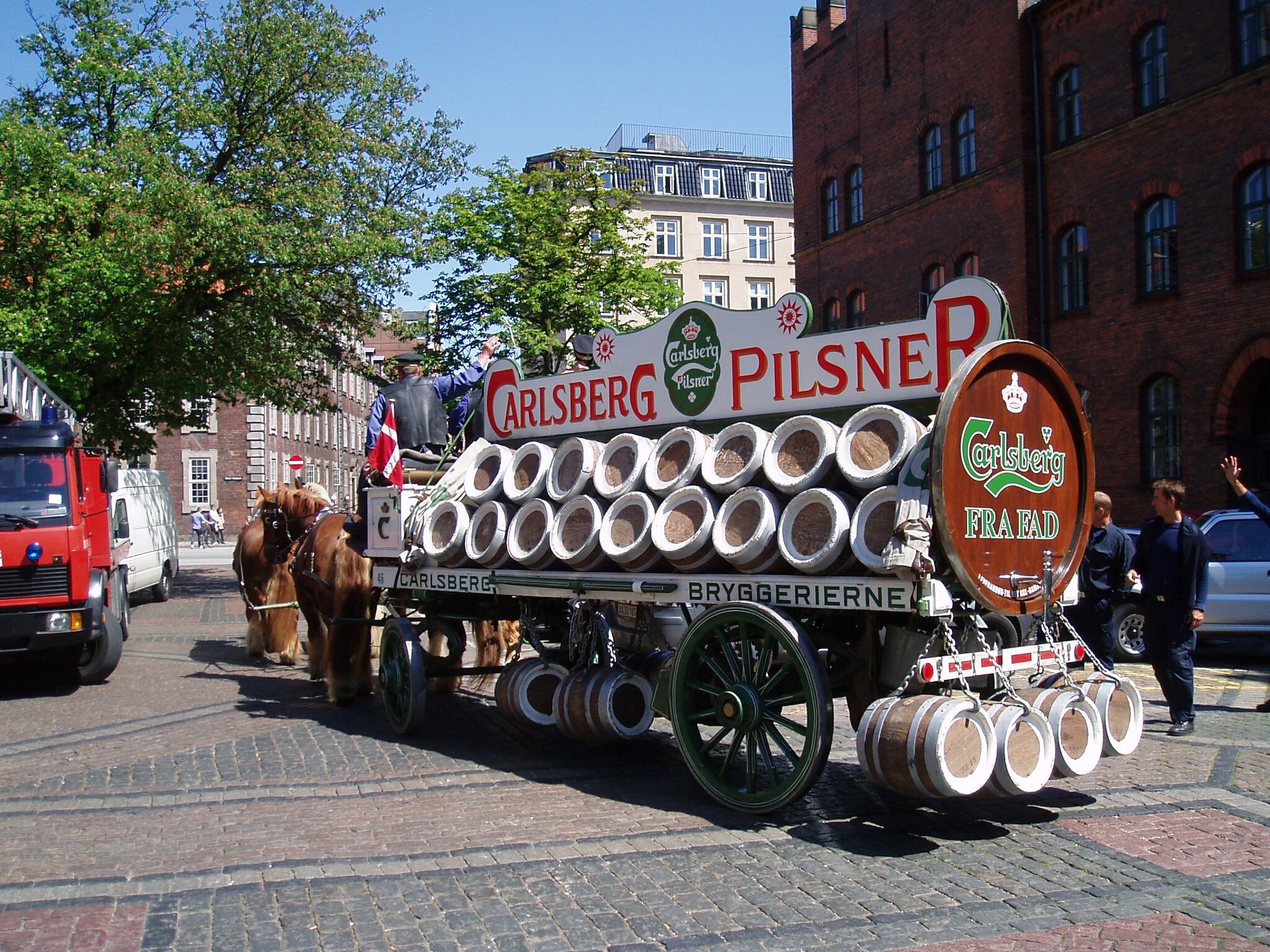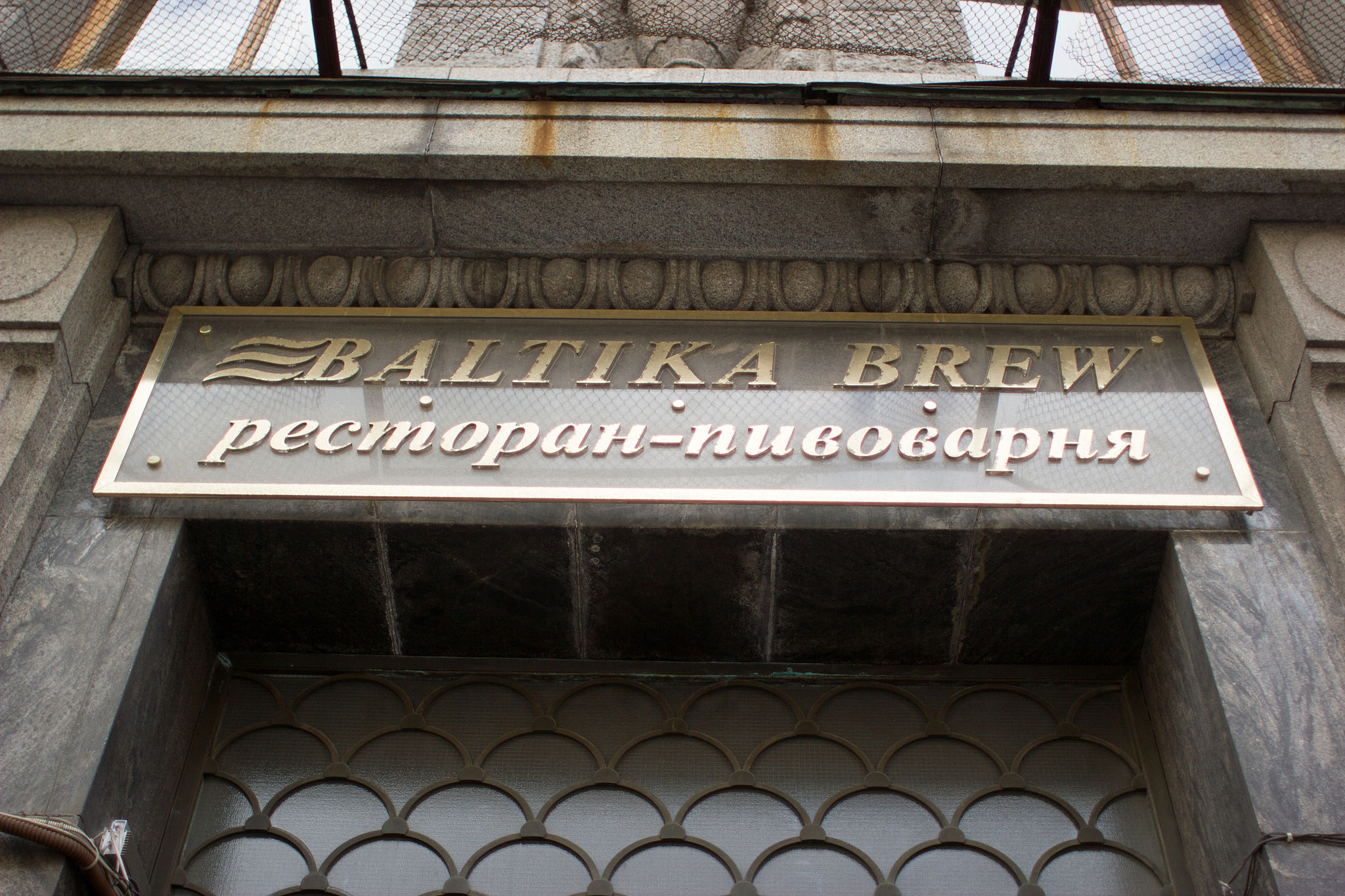Carlsberg CEO Condemns 'Theft' of Russian Business Amidst Exit Challenges
Posted by Emma on 2nd Nov 2023 Reading Time:
The chief executive of the Danish beer maker Carlsberg has accused Moscow of "stealing" the company's Russian operations. This follows the confiscation of Carlsberg's assets in Russia in July, not long after the company had announced securing a buyer for its Russian division. Carlsberg has declared its intent to sever ties with its Russian business, citing the lack of satisfactory means to settle the dispute.

Carlsberg, through its Russian subsidiary Baltika Breweries, runs eight breweries and has a workforce of over 8,000 in Russia. However, by early October, Carlsberg decided to terminate its association with Baltika Breweries. "There is no way around the fact that they have stolen our business in Russia, and we are not going to help them make that look legitimate," stated Carlsberg CEO Jacob Aarup-Andersen during a Tuesday call after the third-quarter earnings were disclosed. "The Carlsberg Group will not be coerced into a deal on terms that are not acceptable as a way to legitimise the unlawful takeover of our business in Russia," noted the company in its third-quarter trading update.
This decision came weeks after Carlsberg ended all its licensing agreements with Baltika early in October, which meant Baltika could no longer produce, market, or sell Carlsberg's products in Russia.
Reacting to these developments on Wednesday, Russia's former president Dmitry Medvedev ridiculed Carlsberg's assertion that Moscow had confiscated the company's assets. According to a translation by Reuters, Medvedev posted on Telegram that Carlsberg had "left everything in Russia for political reasons" and had not met its contractual responsibilities in the country. "And they thought they'd be left alone," he continued.
 User:EPO, CC BY-SA 3.0, via Wikimedia Commons
User:EPO, CC BY-SA 3.0, via Wikimedia Commons
Carlsberg's Russian Ordeal: A Summary
Carlsberg's predicament in Russia unfolded over several challenging months. In the wake of Russia's military actions in Ukraine, Carlsberg, like numerous other international enterprises, sought to divest its Russian branch. On June 23, the company reported finding a prospective buyer for Baltika. Yet, on July 16, Russia appropriated Baltika amidst heightened economic tensions with Western countries, unsettling foreign investors still active in Russia more than a year after the conflict in Ukraine began. Carlsberg's planned withdrawal, initially announced the previous year, dealt a significant blow to the company since the Russian market comprised 10% of its total sales and 6% of its operating income in 2021. The brewery recognised a loss of 9.5 billion Danish kroner (approximately $1.4 billion) from its intended asset divestiture last year.
Challenges of Leaving the Russian Market
Exiting Russia has become increasingly challenging for international firms due to the sanctions. Most recently, as reported by the Financial Times on Tuesday, Moscow has decreed that Western companies wishing to leave must convert their investments into rubles. This strategy is intended to support the struggling ruble, which has plummeted 20% against the US dollar this year. Such regulations could postpone corporate departures and complicate the process of foreign currency repatriation for companies trying to exit.
 Victorgrigas, CC BY-SA 3.0, via Wikimedia Commons
Victorgrigas, CC BY-SA 3.0, via Wikimedia Commons
Carlsberg is not alone; other notable Western businesses have also had their Russian operations seized by local authorities. French food conglomerate Danone's subsidiary faced a similar situation in July, as did the Russian subsidiaries of Germany's Uniper and Finland's Fortum in April.
Despite the pressure tactics used by Russia to discourage foreign firms from making hasty departures, they are having some effect. Unilever, a British multinational consumer goods company, continues its operations in Russia. In February, the company expressed that leaving Russia would result in the state taking over and running its assets there.

